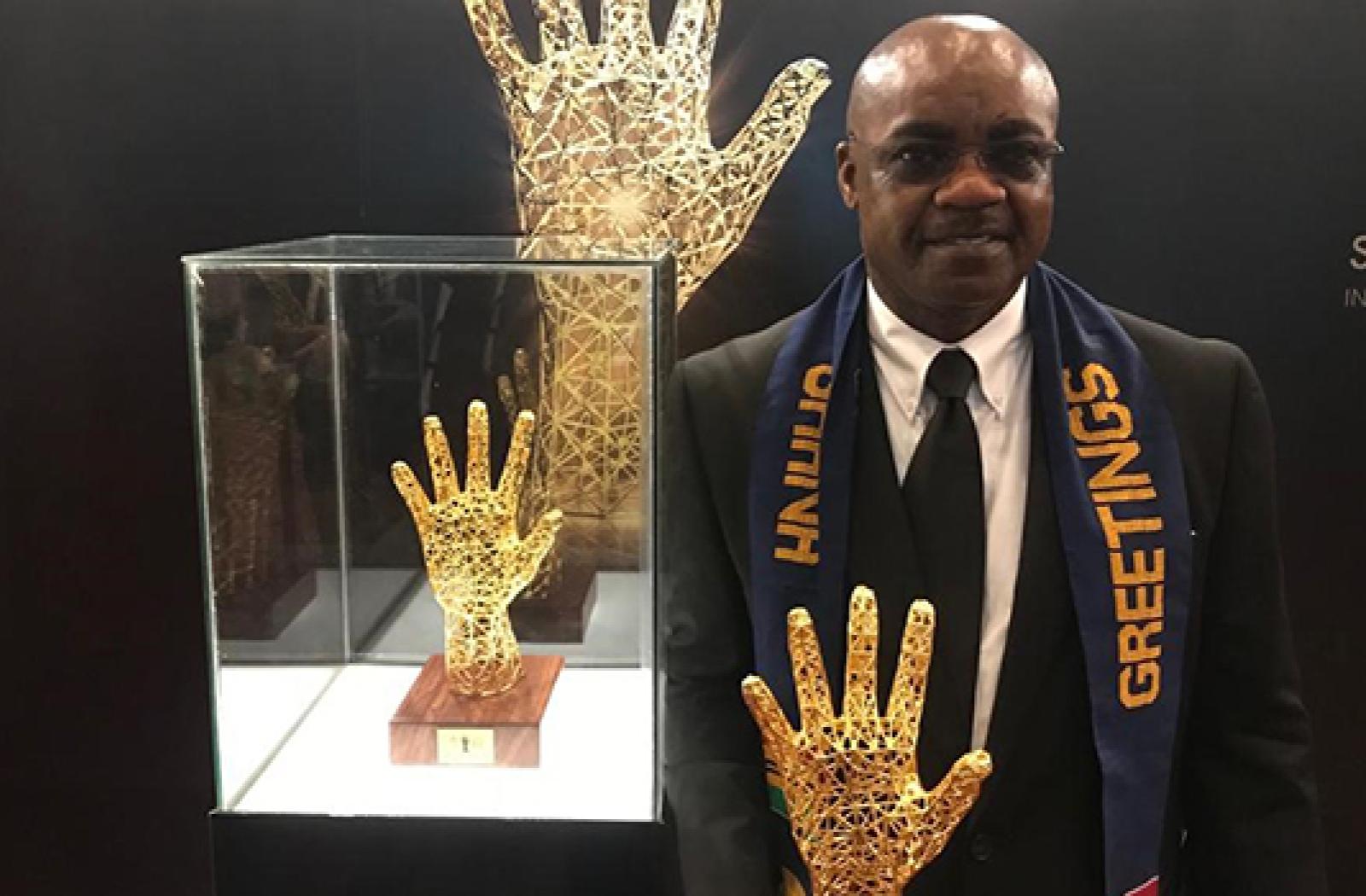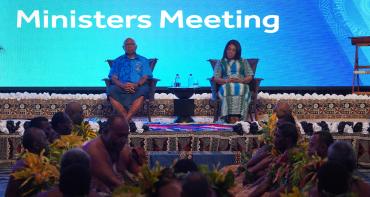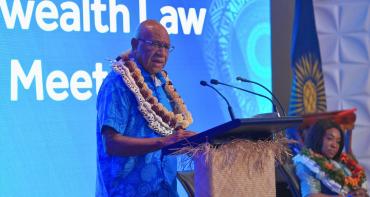Roger Koranteng has been awarded the Sheikh Tamim Bin Hamad Al Thani International Anti-Corruption Excellence Award for his work on tackling corruption in both Commonwealth and non-Commonwealth countries.

Roger Koranteng has been awarded the Sheikh Tamim Bin Hamad Al Thani International Anti-Corruption Excellence Award for his work on tackling corruption in both Commonwealth and non-Commonwealth countries.
Speaking at the awards ceremony in Kuala Lumpur, Malaysia, Dr Koranteng said, “It is an honour to receive this award and I am grateful to the Commonwealth Secretariat, and in particular the Rt. Hon. Patricia Scotland, Commonwealth Secretary-General, for providing the opportunity and platform to do this work.
“I would like to dedicate this award to the Commonwealth Anti-Corruption Agencies, who take on the challenging job of tackling corruption in difficult circumstances.”
The Awards were established by Qatar’s Rule Of Law and Anti-Corruption Center (ROLACC) in 2016 to support the United Nations Office on Drugs and Crime’s anti-corruption mandate and highlight the importance of tackling corruption. They are awarded annually on International Anti-Corruption Day to winners in four categories: academic research and education, youth creativity and engagement, innovation, and lifetime achievement.
Dr Koranteng received the Anti-Corruption Innovation Award. He has been working on governance and corruption issues in his role as Adviser and Head of Public Sector Governance at the Commonwealth for more than a decade. In that time, he has established networks of anti-corruption agencies in Commonwealth Africa and the Caribbean that promote inter-agency collaboration and learning.
In 2013 Dr Koranteng was responsible for establishing the Commonwealth Africa Anti-Corruption Centre in Botswana which is the prime vehicle for building and strengthening the capacity of Anti-Corruption Agencies in Commonwealth Africa. He is now working with African Development Bank to enhance the capacity of the Francophone Anti-Corruption Agencies through training and peer-to-peer learning as well as through annual review meetings.



